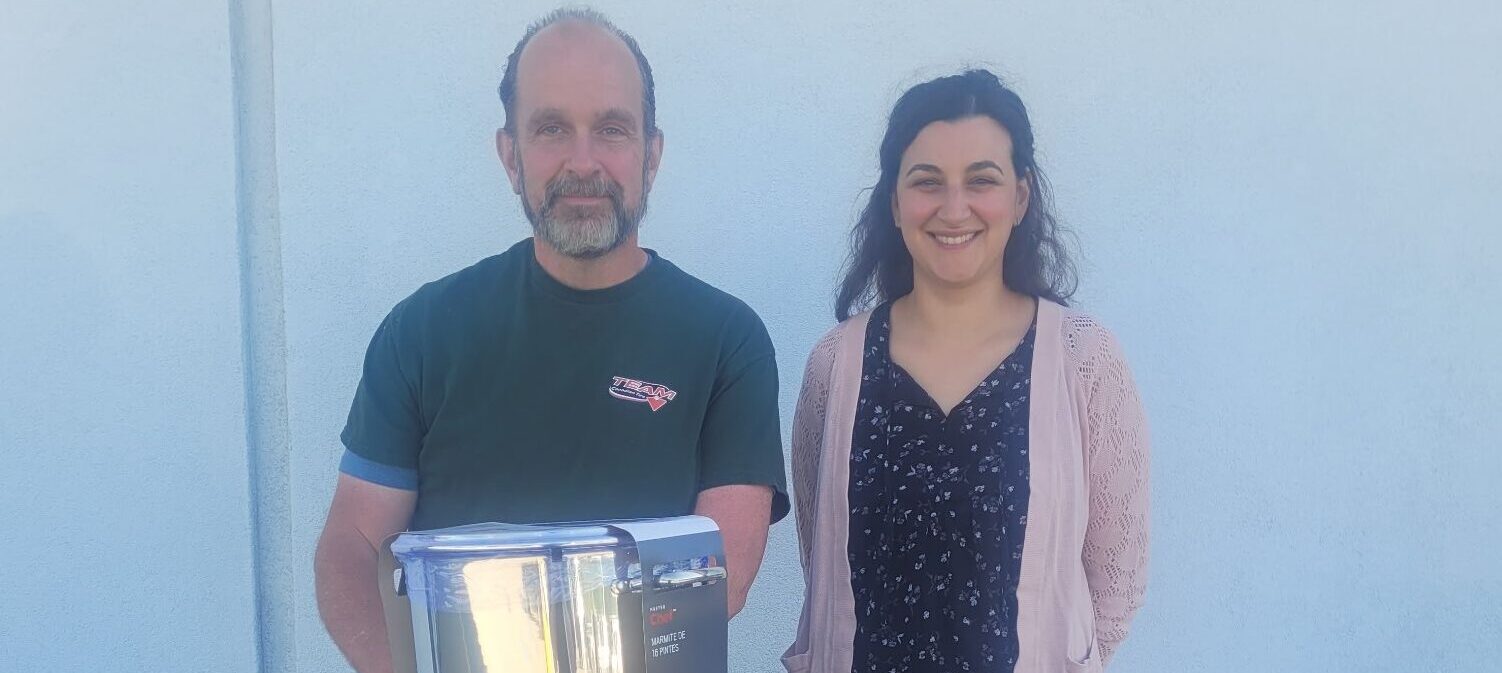
A four-day work week is an evolving trend around the world, but something the Greater Trail Community Skills Centre is proud to say it’s been doing for more than two years.
A recent study from Reykjavik, Iceland has been getting a lot of press for its findings on the upside of a four-day work week. Yet, Skills Centre executive director Morag Carter is acutely aware of the benefits as she and her staff have experienced them first hand since introducing the new work week in Greater Trail 28 months ago.
“We have a high level of productivity, and a high level of commitment from the staff, so from the perspective of an employer, I think it’s a no brainer.
“The way that we have managed to engage our staff, deliver on the programs, rebuild the Skills Centre … I believe the four-day work week has played a very significant role in the rebirth of the Skills Centre.”
The report on Iceland’s four-year experiment with shorter work weeks showed an improvement in quality of working life and in work-life balance during a lengthy trial period from 2015 to 2019.
There was no reduction in pay with the shorter work week of 35 to 36 hours, and employers often saw an increase in productivity.
Microsoft Japan’s experiment with a four-day work week also showed a 40 per cent rise in productivity in a 2019 study.
Another report from the University of Reading found similar improvements in productivity and employer loyalty among over 200 U.K. companies that had experimented with four-day work weeks.
The Skills Centre, which serves Rossland, Trail, Warfield, Montrose and Fruitvale, began its trial run on April 1, 2019, when employees would go from a five-day, 40-hour week to a four-day 34-hour week but with the same salary and workload.
“The board agreed to do a trial for 12 months just to see how it went, but we knew very quickly that it was going to work very well for us,” said Carter.
Currently, the community non-profit provides employment services and career planning and also runs a variety of programs ranging from employment consulting and poverty reduction to a community kitchen and health and wellness services.
But it was the loss of a massive WorkBC contract in 2019 that prompted further introspection.
“We had just lost a major contract and we were in the process of rebuilding the Skills Centre, and we were in a position where we could look quite carefully at all the pieces in place,” said Carter. “The four-day work week was part of a package of measures.”
The employer pivoted creating two shifts, which ran from Monday to Thursday and another from Tuesday to Friday. The centre permitted staff to work from home, go into the office early or work late, in order to accommodate their respective family’s needs.
“We all go through periods in our lives when we are responsible for kids, or we have elderly parents, or we have a partner who is sick at home. We wanted to make sure there was flexibility built in to the way that we offered work.”
Within three months, staff knew they were headed in the right direction.
Internal surveys showed that the overall approval rate was more than 80 per cent, productivity increased 20 per cent, sick leave was reduced drastically, and job satisfaction high.
“For us we think that it’s been an unqualified success, and we are very happy to talk about it because it’s a really good story for us.”
The board officially adopted the four-day week the following year, just as the pandemic hit and restrictions imposed, interrupting many Greater Trail businesses and services.
The transition to work from home, however, was relatively seamless for Skills Centre staff, said Carter. They had grown accustomed to the flexibility and extra day off, which proved vital for the 10-weeks the Skills Centre had to close due to COVID-19.
“Having the four-day work week was great, first of all for supporting staff mental health, because you have that break, so that was another really good outcome that we saw.”
The transition to a four-day week has improved employees’ well-being and the positive results permeate the communiti



